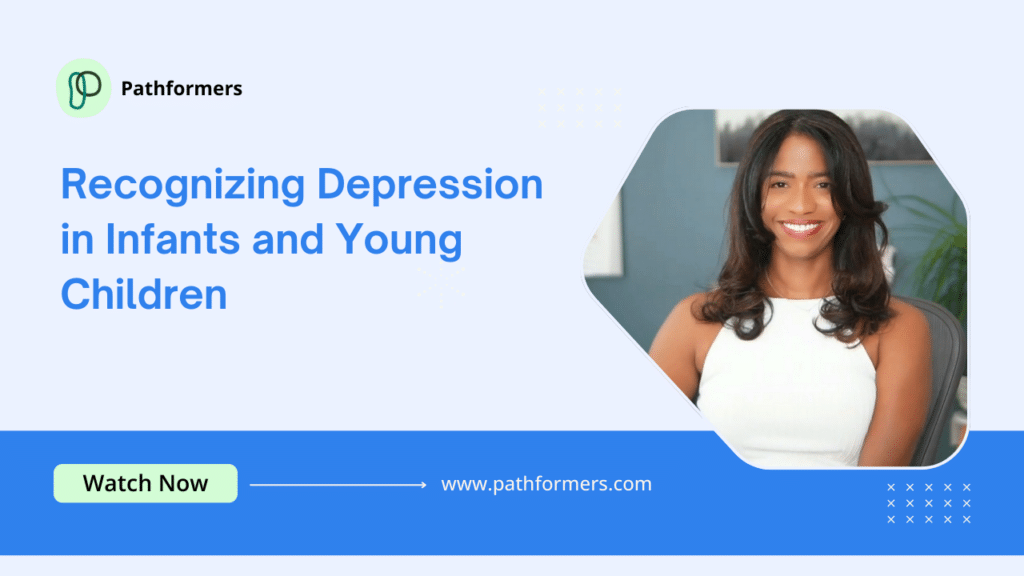This module offers a crucial exploration of depression in infants and young children, challenging the common misconception that depression only affects older kids or adults. Through a developmental lens, we dive into how early experiences and environmental factors can contribute to depression in children as young as infancy. By understanding the signs and symptoms, caregivers, parents, and professionals can intervene early, ensuring the child receives the care and support they need. From defining infant depression to recognizing developmental deprivation and the emotional toll it takes, this module equips you with essential knowledge to protect your child’s mental health from the very beginning.
Recognizing depression in infants and youth children
Common Pain Points
Lorem ipsum dolor sit amet, consectetur adipiscing elit, sed do eiusmod tempor incididunt.
Misunderstanding the Possibility of Infant Depression
Many parents find it hard to believe that depression can affect children as young as infants. The idea that a baby can experience deep emotional distress may seem surprising, but this lack of awareness can delay critical intervention and support.
Difficulty Recognizing Symptoms in Young Children
Identifying depression in infants and young children can be particularly challenging because they can’t verbalize their emotions. Symptoms like excessive crying, withdrawal, or sleep disturbances may be mistaken for typical developmental issues, making it hard for parents to know when something deeper is wrong.
Limited Knowledge About the Impact of Early Deprivation
Few parents understand the lasting impact that early developmental deprivation, such as the absence of a nurturing caregiver, can have on an infant’s mental health. These early experiences can set the foundation for emotional difficulties, making it critical for parents to recognize and address them early on.
A word from our Families
Module Benefits
Lorem ipsum dolor sit amet, consectetur adipiscing elit, sed do eiusmod tempor incididunt.
Early Detection of Depression in Infants and Young Children
By engaging with this module, parents and caregivers will learn how to recognize the early signs of depression in infants and young children. You’ll gain insight into what behaviors to look out for, including withdrawal, excessive crying, and changes in appetite or sleep patterns.
Understanding the Role of Developmental Deprivation
This module helps you understand how early experiences of deprivation—such as a lack of emotional nurturing or physical care—can contribute to depression in children. You’ll learn the importance of a stable, loving environment in fostering healthy emotional development from infancy onward.
Empowering Parents to Take Early Action
With the knowledge gained in this module, you’ll be empowered to take early action if you notice signs of depression in your child. Early intervention is key to supporting a child’s emotional well-being and ensuring they grow up feeling safe, loved, and understood.
Help Steer Your Child’s Development
Subscribe to our newsletter for exclusive video updates, expert parenting strategies, and the latest insights in child development and mental health.



